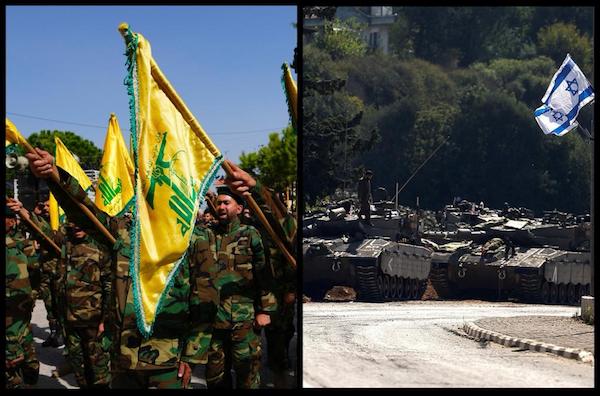Amidst escalating tensions in Lebanon, Europeans are grappling with increasing apprehension about the imminent specter of war between Israel and Lebanon.
The catalyst for this unease stems from Israel’s stated intentions to launch an invasion into Lebanon unless Hezbollah discontinues its activities. Given Europe’s reliance on gas imports from Israel and a keen awareness of Hezbollah’s capabilities, the continent is on edge, cognizant of potential repercussions.
Recognizing the gravity of the situation, Josep Borrell, the European Union’s top diplomat, engaged in diplomatic efforts by meeting with Hezbollah representatives. The primary objective was to persuade the organization to withdraw from Lebanon’s southern border, yet these attempts proved futile as Hezbollah remained steadfast in its stance.
In a parallel diplomatic move, France’s foreign minister reached out to Iran’s foreign minister, seeking collaboration to restrain Hezbollah. This diplomatic outreach underscores the interconnected geopolitical relationships and the recognition that international cooperation is essential to prevent further escalation.
Adding a layer of complexity to the situation, Lebanon’s historical ties with France come into play. As a former French colony, Lebanon holds strategic importance for France, which still maintains significant interests in the region. The French are acutely aware that a potential war could jeopardize the policies they have been actively pursuing in Lebanon, intensifying their concerns.


